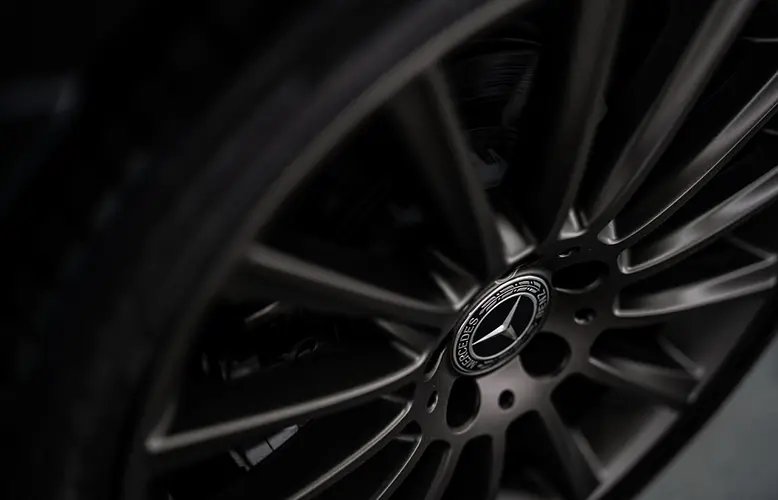Embarking on a road trip is an adventure that many of us eagerly anticipate. The open road, new destinations, and the thrill of exploration make for memorable experiences. However, there’s one critical factor that can either elevate or mar your journey: the condition of your car. In this blog post, we will delve into the importance of ensuring your vehicle is in top shape before you hit the road. From dashboard signals to preventive maintenance, we’ll cover it all to make sure your next road trip is a smooth and enjoyable one.

The Dashboard Dilemma: Ignoring Signals
Your car’s dashboard is a sea of information, and many of us have been guilty of ignoring those warning lights, hoping they’ll magically disappear. However, ignoring these signals can lead to disastrous consequences, especially during a road trip. One of the most common dashboard lights is the dreaded check engine light. This little indicator can signify a myriad of potential problems within your vehicle, and understanding check engine light issues can mean the difference between a minor hiccup and a major breakdown. The check engine light is your car’s way of communicating that something is amiss under the hood. It might be a minor issue like a loose gas cap, something more complex like a faulty sensor, an exhaust system problem, or even a failing catalytic converter. The key here is not to ignore it. When this light comes on, it’s time to take your vehicle to a trusted mechanic to diagnose and address the issue. Dismissing it as a minor annoyance can lead to more severe and expensive problems down the road, especially during a long road trip.
The Importance of Preventive Maintenance
Preventive maintenance is the cornerstone of keeping your car in peak condition. Regular servicing and check-ups can prevent a host of problems from arising, making your road trip not only smoother but also safer. This includes routine oil changes, brake inspections, tire rotations, and more. Neglecting these simple tasks can result in poor performance and potential breakdowns when you least expect them. Before you set out on your journey, it’s essential to schedule a comprehensive check-up to ensure everything is in working order.
Tires: Where the Rubber Meets the Road

Your tires are a critical element in ensuring your road trip is a success. They are the sole point of contact between your car and the road, and as such, they need to be in excellent condition. Check the tread depth, look for signs of wear and tear, and ensure the tire pressure is correct. Underinflated tires can lead to decreased fuel efficiency and poor handling, while overinflated tires can be prone to blowouts. A simple tire inspection can save you from the hassle of changing a flat on the side of the highway.
Fluids: The Lifeblood of Your Vehicle
Your car relies on various fluids to operate smoothly. These include engine oil, transmission fluid, coolant, and brake fluid. Neglecting to check and maintain these essential fluids can result in overheating, transmission problems, brake failure, and more. Before your road trip, make sure to check all your car’s fluid levels and top them off as needed. Also, remember to inspect for any leaks, as a small leak can escalate into a major problem throughout a long journey.
Brakes: Stopping Power
When you’re on the road, the ability to stop is just as important as the ability to go. Your brakes are crucial for your safety and that of other road users. If you notice any signs of brake problems, such as squeaking, grinding, or reduced stopping power, it’s essential to address these issues immediately. A professional brake inspection can reveal problems that may not be evident to the untrained eye. Don’t wait until your brake pads are worn to the metal – proactive maintenance can prevent costly brake system repairs during your trip.
Transmission: Smooth Shifting for Smooth Travels
Your car’s transmission is responsible for ensuring the right amount of power is delivered to your wheels, allowing you to accelerate and maintain speed. Transmission problems can be a significant headache on a road trip. To avoid being stuck in the middle of nowhere with a faulty transmission, have it inspected before you set off. Slipping gears, strange noises, or delayed shifts are all indicators that something may be amiss.
Electrical Systems: Powering Your Journey
Modern vehicles are equipped with an array of electronic systems, from the entertainment unit to advanced safety features. Ensuring these systems are in working order is not just for your convenience but also for your safety. Faulty electronics can lead to distractions and even affect critical safety features like airbags and anti-lock brakes. Regular electrical system checks can save you from unwelcome surprises on the road.
By understanding these issues and taking proactive measures, you can ensure your vehicle is in top shape. Regular maintenance, with a focus on tires, fluids, brakes, and other critical components, will contribute to a safe and enjoyable journey. With a well-prepared vehicle and a little extra effort, you can hit the road with confidence, knowing you’re ready for the adventure ahead.





